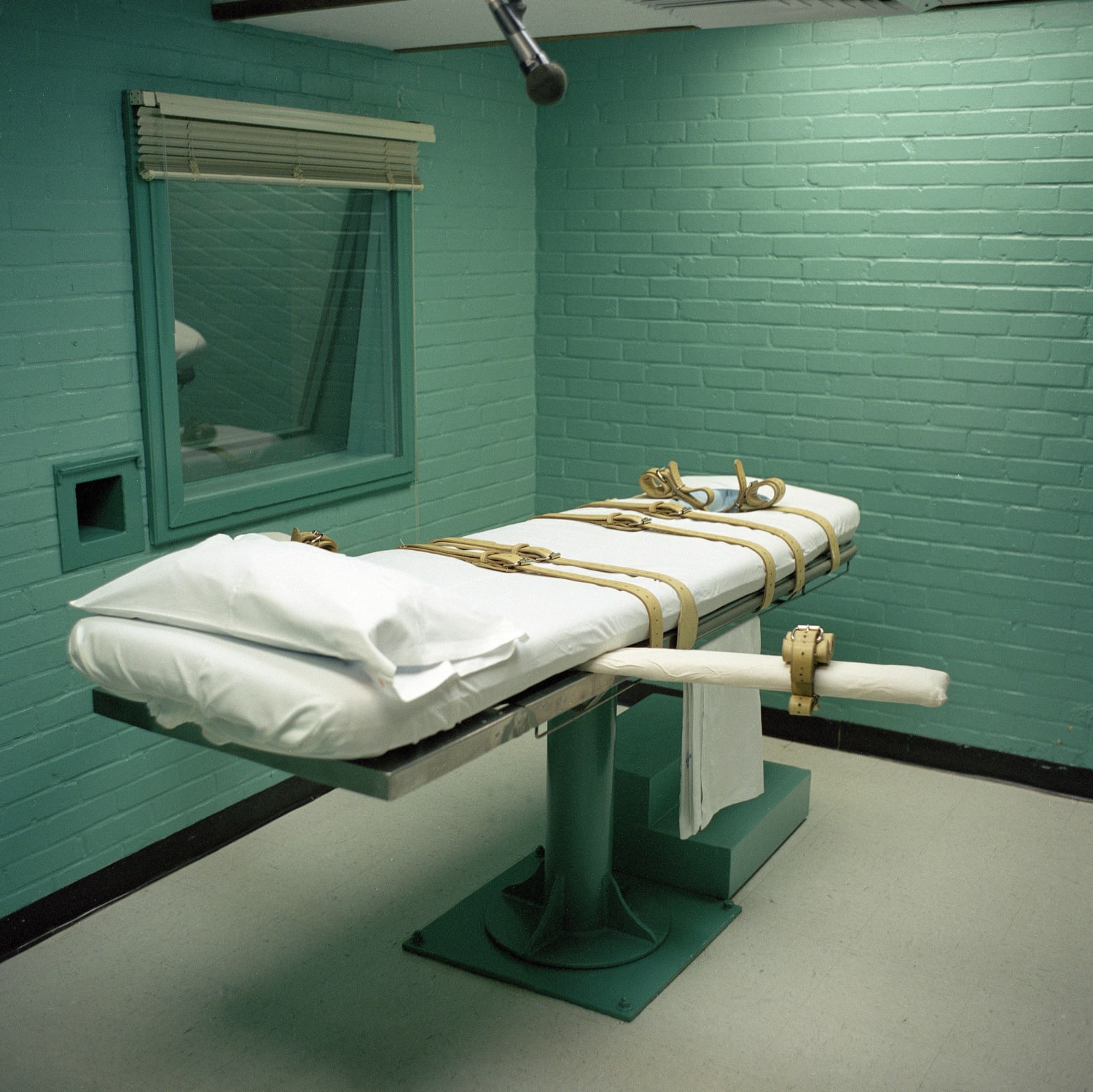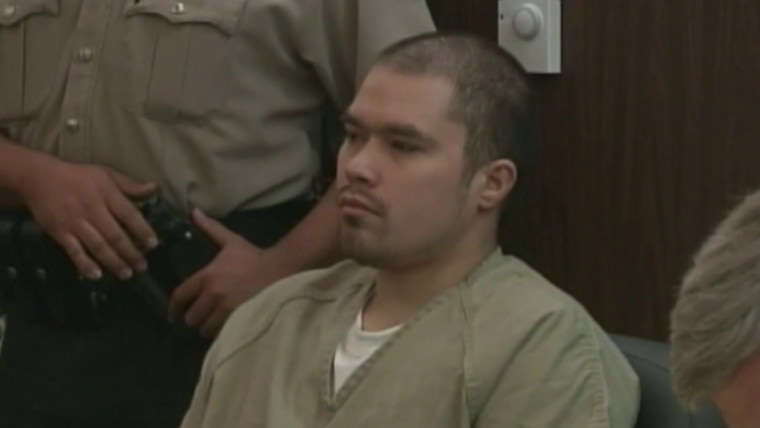Federal law gives prisoners facing execution the right to have a spiritual adviser in the death chamber who can pray aloud and touch them, the Supreme Court ruled Thursday.
The ruling came in the case of a Texas inmate, John Henry Ramirez, whose lethal injection was scheduled for September last year but was blocked by the court to consider his appeal. He said the state violated his religious rights by refusing to let his pastor pray audibly with him or perform a tradition known as the laying-on of hands.
The state’s refusal, the court said, meant Ramirez “will be unable to engage in protected religious exercise in the final moments of his life.”
The 8-1 decision was written by Chief Justice John Roberts and joined by all but Clarence Thomas, who said Ramirez was merely trying to “’manipulate the judicial process’ to win further delay” in carrying out the death sentence.
Texas allows spiritual advisers to pray with and counsel an inmate until the prisoner is taken into the lethal injection chamber. Preventing them from speaking or touching an inmate from that point on preserved the execution team’s ability to detect signs of distress, the state said.
But the court said the state’s categorial ban was too restrictive.
“We do not see how letting the spiritual advisor stand slightly closer, reach out his arm, and touch part of the prisoner’s body well away from the side of any IV line would meaningfully increase risk,” Roberts wrote.
Roberts cited a history of clerical prayer at the time of an execution, from the early 1700s in England to the execution of conspirators in the assassination of Abraham Lincoln, and to the execution of Nazi war criminals after World War II.
In recent years, the Supreme Court has been receptive to claims that states improperly denied the religious freedom of inmates facing the death penalty. It blocked a scheduled execution in 2019 of another Texas inmate who said his religious freedom was violated because his Buddhist spiritual adviser wasn’t allowed to be with him.
In response, Texas banned all spiritual advisers from the execution chamber. Then in 2020, the Supreme Court stayed the execution of a Texas inmate challenging the no-advisers policy, so the state changed its policy again but retained the prohibition on praying aloud or touching.
Ramirez said that both he and his pastor believed that people either ascend to heaven or descend to damnation at the moment of death. He contended that denying him the traditional ministrations by his pastor violated his religious freedom.
Texas said its protocol balanced many factors, including maintaining uniformity in executions to reduce the opportunity for errors, protecting the safety and privacy of execution personnel and the rights of the inmate, and providing closure for the victim’s family and the community.
Nine states — Arizona, Alabama, Arkansas, Idaho, Indiana, Louisiana, Montana, South Dakota and Utah — urged the court to side with Texas. “The safety and security of state execution protocols should not be subject to federal court micromanagement,” they said in a friend-of-court brief.
But several religious organizations, including the U.S. Conference of Catholic Bishops, said the Texas prohibition burdens the religious freedom not only of inmates, but also of their pastors in carrying out key actions of the ministry.
Ramirez was sentenced to death for fatally stabbing a man 29 times during a convenience store robbery following a drug binge. He fled to Mexico but was later arrested and brought back for trial.
In the Supreme Court, he did not seek to challenge either his conviction or his death sentence.
Source: | This article originally belongs to Nbcnews.com










